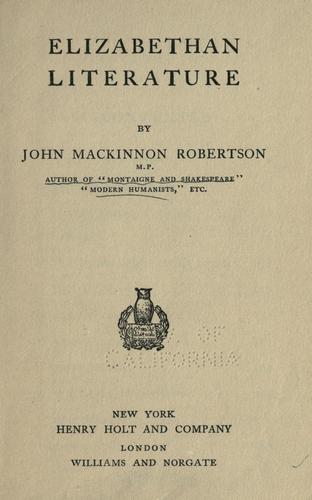The time when Queen Elizabeth I ruled England is known as the Elizabethan Era. This period began with her coronation in the year 1558 and lasted for almost 44 years until her death in 1603. The Elizabethan reign witnessed many developments as far as science and technology is concerned and is even regarded as the Golden Age.
People in this era were very religious and the concepts of Superstition and other false beliefs originated in these years. It is often said that the English language used during the Elizabethan times was difficult and complex. The truth, however, is that the language was simple but the manner in which it was used was different.

During the Elizabethan period, the English language consisted only of 24 letters as against 26 used in the modern English language. Another aspect of different usage of the language was that some letters like ‘j’ and ‘i’, ‘u’ and ‘v’ were used to mean the same thing.
One more point of difference between the usage of English language then and now is that during the Elizabethan times, a common man was aware of very few letters that were used to speak or write as compared to the present age. Also, with the Shakespearian plays, new words were added to the vocabulary.
About Elizabethan Era Language
Contents
Thus, Shakespeare can be given the credit for inventing new words that were later on adopted into the mundane language whether spoken or written. Some of the words introduced by Shakespeare through his plays are- Accused, Courtship, Countless, Exposure, Luggage, etc.
It can thus be seen that despite the Elizabethan language being simple, much confusion was created about its understanding because of the different manner in which was used and also because there was a difference in the number of letters used then and the number of letters used now.
When to use Thee and Thou?
Correct usage is “How art thou“, and not “how are thee”
thine is used instead thy when the next word starts with a vowel
I like thy smile.
but
I applaud thine effort.
“-st” ending – used with “thou” and only with verbs.
e.g.
I did see him go with thee.
not I didst see him
and never I didst see-eth him
Wither thou goest I will go.
“-eth” ending – used with he, she, and it.
e.g.
He loveth best that loveth well.
God knoweth why!
Thou is an informal form
Thou and thee are used in an informal talk (just like in French, Vous is used formally and Tu is used informally).
- Your children
- servants
- Own wife
- Close friends
- dog
- and God
The formal version you is used when addressing parents, master, superiors, patrons, customers, officers, and your horse!
Thou and you are used while referring to the same person, but only to an equal or downward, and not up.
e.g. you may address your employee using both thou and you, but she wouldn’t do that to you.
- Meaning of Wherefore is Why.
- Stay meaning is”to wait”. I am stayed for can be used when you are running late and someone is waiting for you.
- Ta’en is a short form of taken.
Good morrow, Good day, God ye good den, God save you were used instead of Hello (which is more of an exclamation)
Some other c
Self-love means Ego
One who is too full of himself – Ego centric
Inconstant means Flirtatious,
a sanguine nature or disposition
Melancholic means Depressed
Sanguine meaning in a good mood
Of a good stomach meaning courageous
Vexing meaning Annoying
Jest, jape means Joke
Gothic times means Medieval times
Account or reckoning means Bill or cheque
